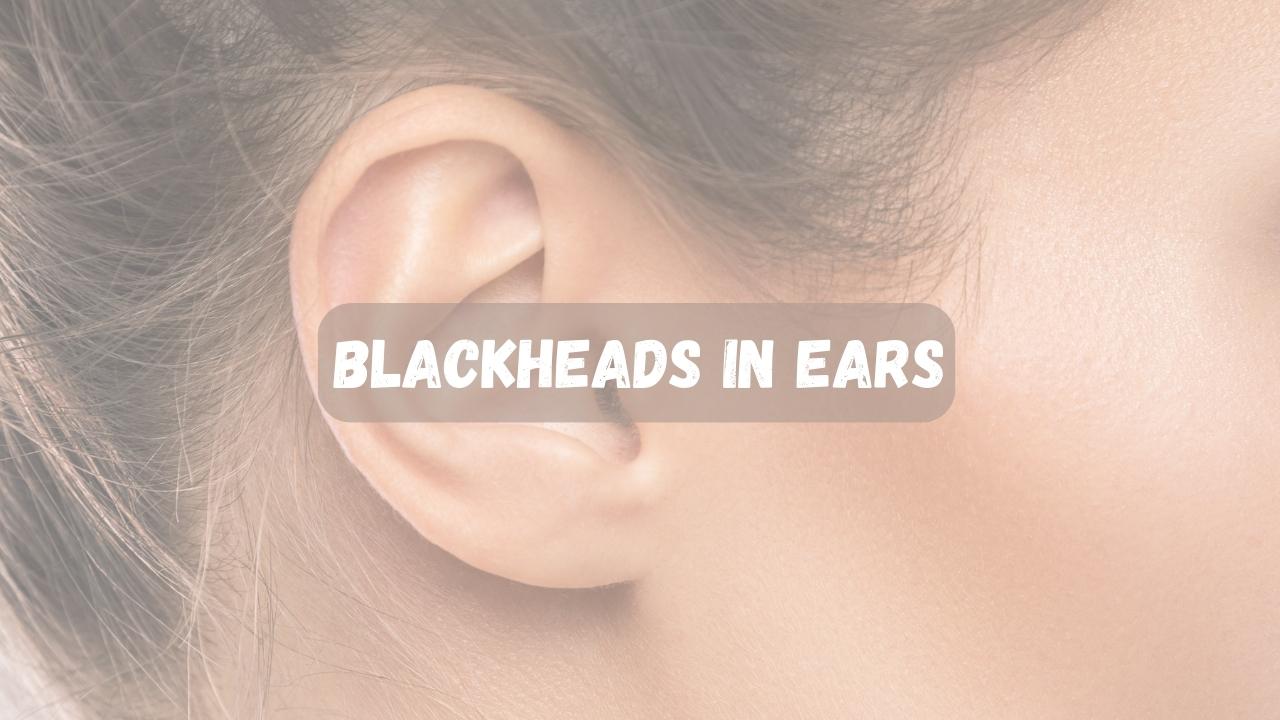
Blackheads in your ears aren’t just an aesthetic concern – they can cause discomfort and even infections. But you need not fret; we’ve got the solutions.
This article will provide you with a comprehensive guide on how to deal with these pesky blackheads effectively.
Blackheads Explained
Before diving into solutions, let’s understand what blackheads are. They are a form of acne caused by clogged hair follicles. When dead skin cells and oils collect in the opening of the skin follicle, they produce a bump called a comedone.
If the skin over the bump stays closed, it’s called a whitehead. But if the skin opens, exposure to air makes it look black – hence, a blackhead.
Causes of Blackheads in Ears
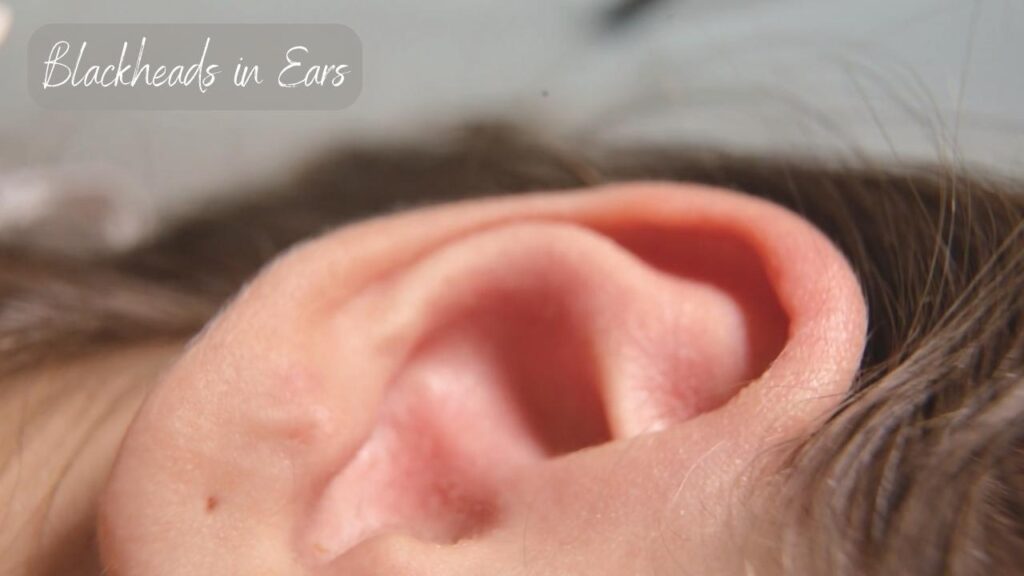
There are a few common causes of blackheads in the ears:
- Excess Sebum Production: Our ears have more oil-producing glands than other parts of our bodies. Consequently, they can produce more sebum, which can lead to the formation of blackheads.
- Poor Hygiene: Not cleaning your ears properly can lead to the accumulation of dirt and dead skin cells, which can clog your pores and form blackheads.
- Hormonal Changes: Fluctuations in hormone levels, especially during puberty, menstruation, and pregnancy, can increase oil production and result in blackheads.
How to Get Rid of Them
Now, let’s delve into the various ways to eliminate blackheads from your ears.
1. Proper Hygiene
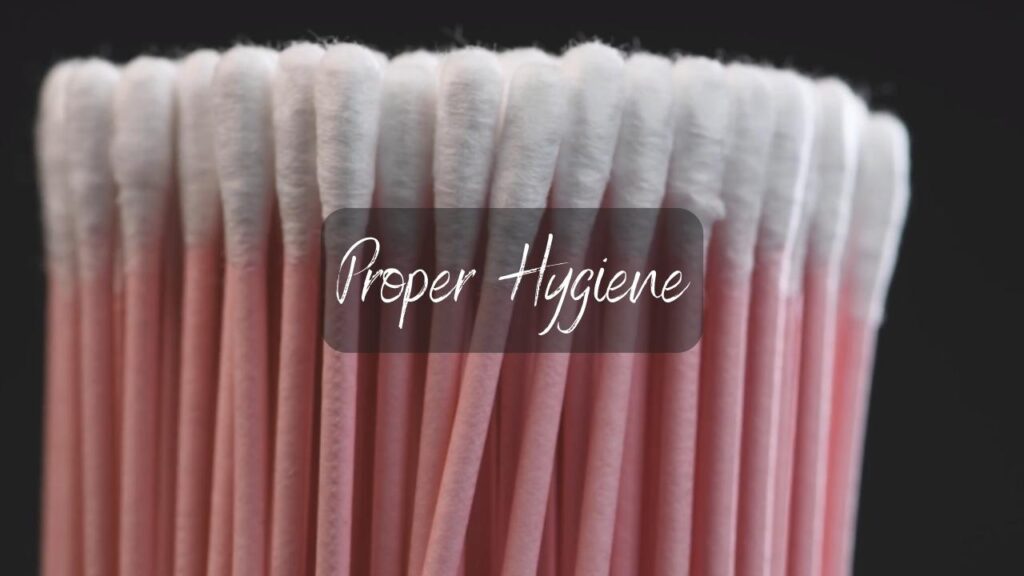
First and foremost, maintain good ear hygiene. Clean your ears regularly with warm water and a mild cleanser. Avoid using cotton swabs inside your ear canal as they can push the wax and debris further in, potentially causing more blackheads.
2. Use of Over-the-Counter (OTC) Products
Several OTC products contain salicylic acid or benzoyl peroxide, which can help unclog pores and reduce blackheads. Look for these ingredients when shopping for acne products.
3. Topical Retinoids
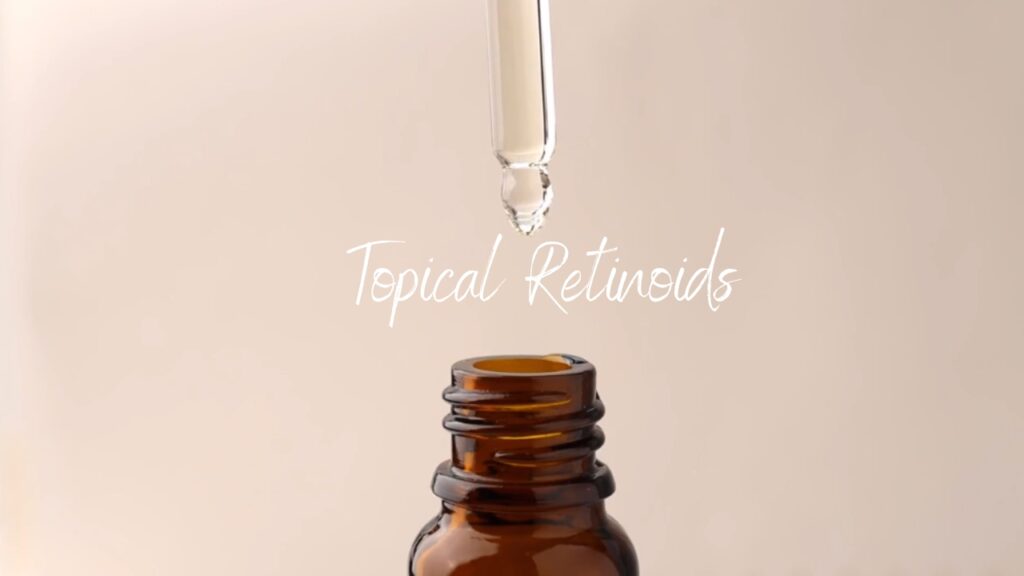
Retinoids help speed up skin cell turnover, thus preventing the buildup of dead skin cells that clog pores. They can be found in OTC products or prescribed by a dermatologist.
4. Professional Extraction
Dermatologists can perform professional extractions, where they use specialized tools to gently remove blackheads. Do not attempt to extract blackheads at home, as it can lead to skin damage and infections.
Prevention Is Better than Cure
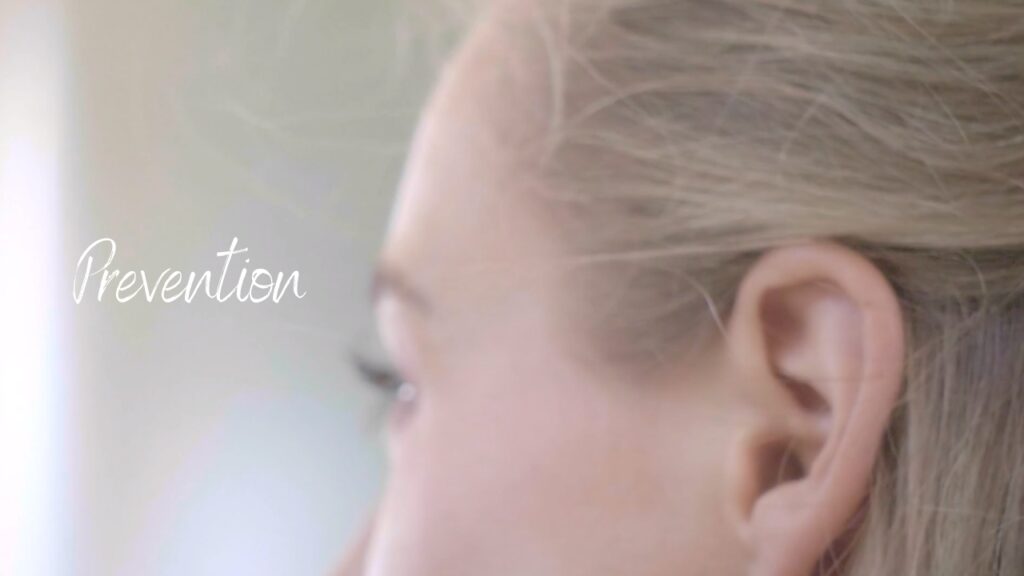
Now that we know how to get rid of blackheads in the ears, it’s crucial to learn how to prevent them from forming in the first place. Here are some preventative measures you can take:
Maintain a Skin-Healthy Diet
Some studies suggest a link between acne and diet, particularly foods high in sugars and fats. Incorporating more fruits, vegetables, and lean proteins into your diet may help control oil production and prevent blackheads.
Stay Hydrated

Drinking plenty of water can help keep your skin hydrated and aid in the prevention of blackheads.
Avoid Touching Your Ears
Your hands carry oils and dirt that can clog your pores if you frequently touch your ears.
When to See a Dermatologist
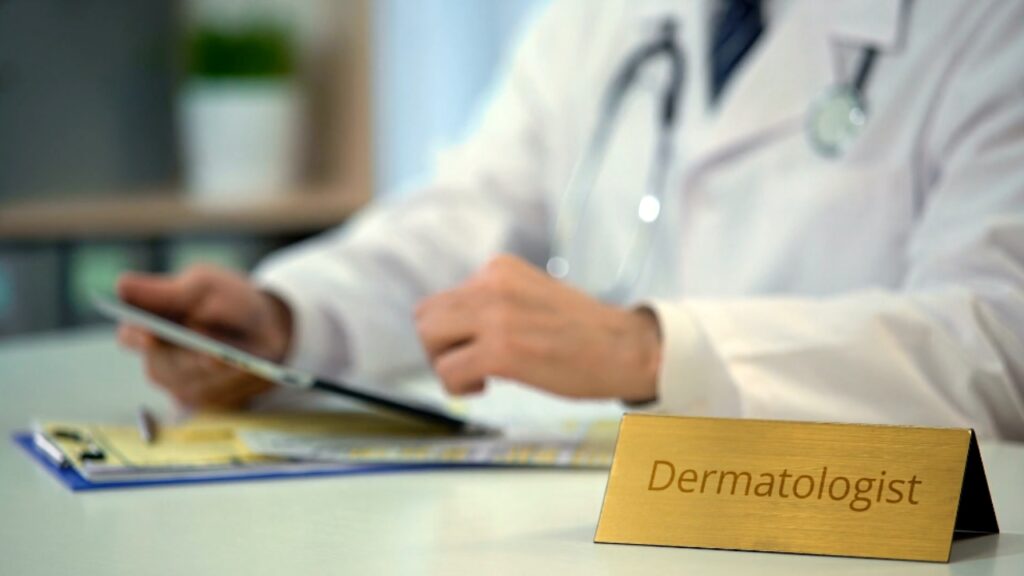
If the blackheads in your ears persist despite trying the remedies mentioned above, it’s time to see a dermatologist. They can evaluate your skin and recommend a personalized treatment plan. Remember, every skin is unique, and what works for one person may not work for another.
The Mental and Emotional Toll
It’s important to remember that skin conditions like blackheads don’t just have a physical impact—they can also affect our mental and emotional health. Many people feel self-conscious or embarrassed about their blackheads, which can lead to lower self-esteem and confidence.
If you’re feeling this way, know that you’re not alone and that it’s perfectly normal to seek support.
Reaching Out for Help
If you’re feeling overwhelmed by your skin condition, don’t hesitate to reach out for help. Therapists and counselors can provide strategies for coping with these feelings, and connecting with others who are going through the same experience can also be incredibly validating.
3 Myths About Blackheads
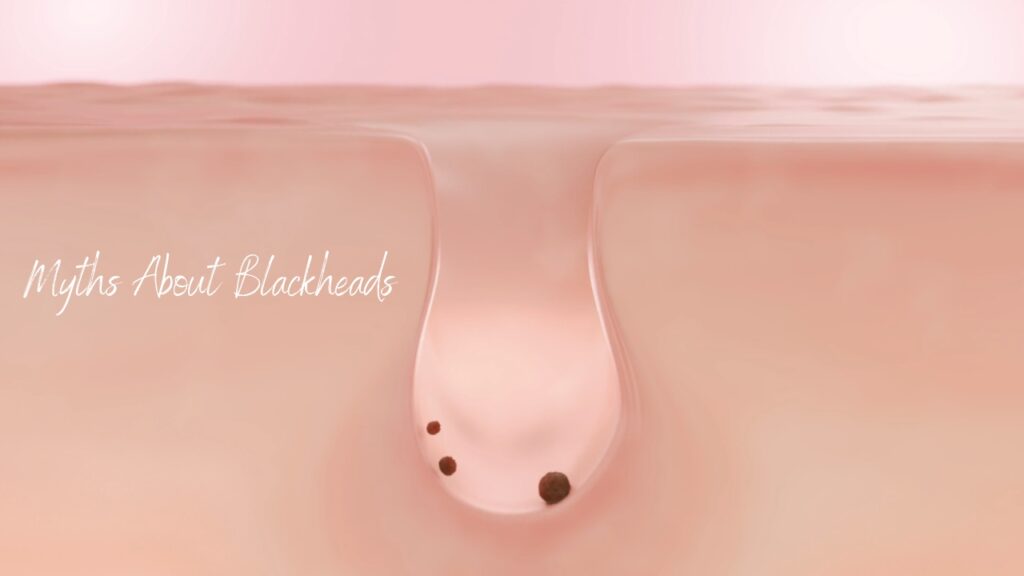
Let’s debunk some common myths about blackheads.
Myth 1: They Are Caused by Dirt
This is one of the most prevalent misconceptions. As explained earlier, blackheads are not caused by dirt but by the accumulation of sebum and dead skin cells in your pores. Cleaning your ears excessively will not prevent blackheads and can even irritate your skin.
Myth 2: They Can Turn Into Pimples
Blackheads and pimples are different forms of acne. While they both result from clogged pores, pimples occur when bacteria infect the pore, causing inflammation and pus. Blackheads, on the other hand, remain open and do not get infected.
Myth 3: You Can Permanently Shrink Your Pores
The size of your pores is primarily determined by genetics, and there’s no way to permanently shrink them. However, keeping your pores clean can prevent them from becoming enlarged by the buildup of sebum and dead skin cells.
Discover effective techniques to address the issue of enlarged pores on your nose, providing you with the knowledge to treat and shrink them, ensuring clear and smooth skin.
Future Developments in Treatments
While we already have numerous effective treatments for blackheads, ongoing research in dermatology continues to seek even more effective solutions. Some promising future developments include:
- Laser and Light Therapy: These therapies, often used for severe acne, may also be useful for treating persistent blackheads. They work by reducing the amount of oil your skin produces or by killing the bacteria that cause acne.
- Vaccines: Scientists are currently developing a vaccine for acne. Although still in the experimental stage, the vaccine aims to target specific bacteria to prevent them from causing acne.
Frequently Asked Questions

Can I Use the Same Skincare Products for My Face and My Ears?
While the skin on your ears is thicker and produces more oil than your face, most skincare products designed for your face can be used on your ears as well. However, always patch-test a new product before full application to avoid potential allergic reactions or irritations.
Do Blackheads Go Away on Their Own?
They can sometimes resolve themselves over time as your skin naturally exfoliates. However, in many cases, they require treatment to fully disappear.
Can I Use Earbuds if I Have Blackheads in My Ears?
Yes, you can use earbuds, but ensure they are always clean to avoid introducing more dirt and bacteria into your ears. Furthermore, avoid using earbuds if they cause discomfort or irritation.
Closing Thoughts
Blackheads in the ears can be annoying, but by maintaining good hygiene, using the right products, and taking preventive measures, you can effectively control and prevent them. Remember, the most crucial part of skincare is consistency – stay patient and consistent with your routine for the best results.
We hope this comprehensive guide helps you in your journey towards clear, blackhead-free ears.